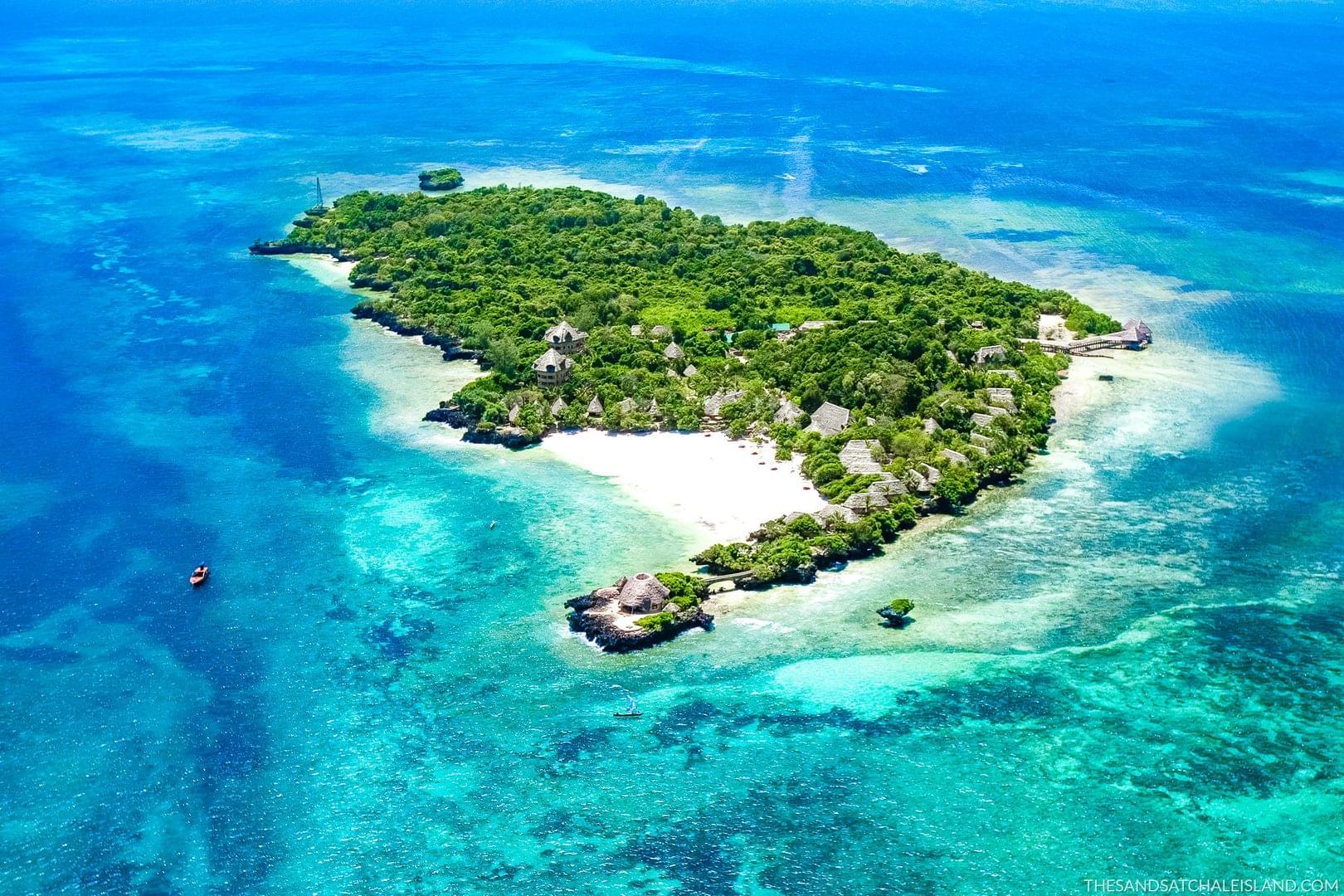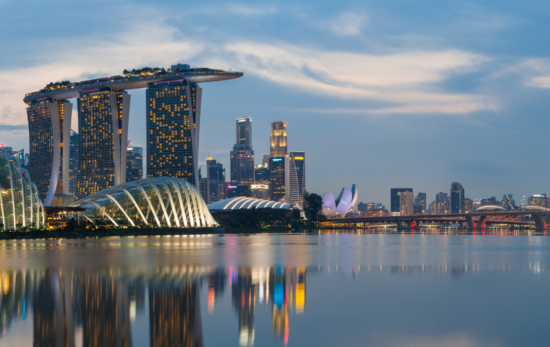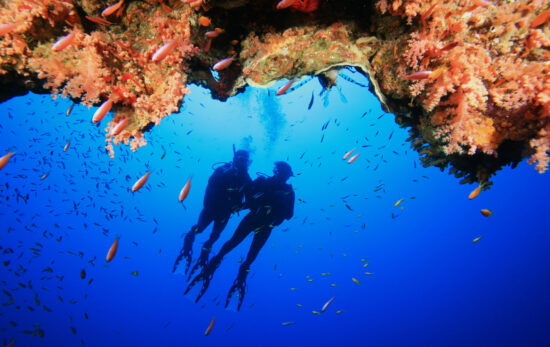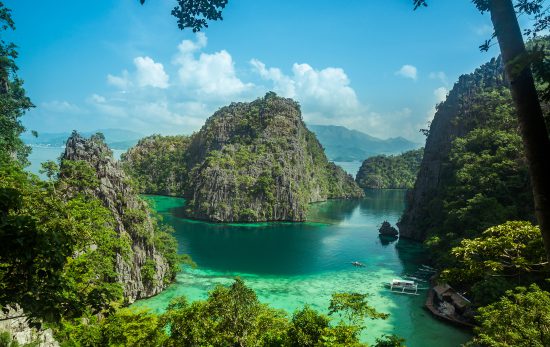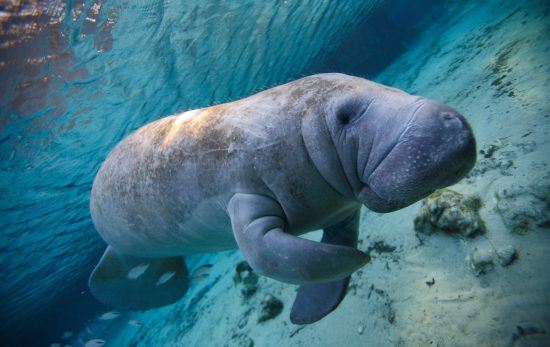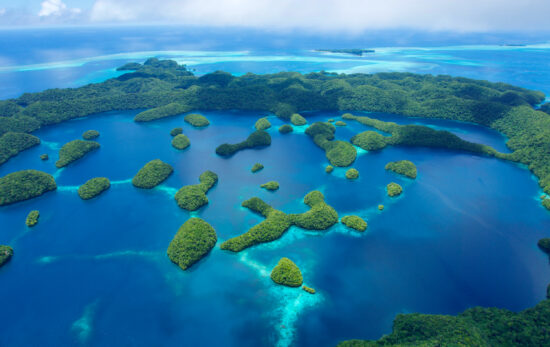When you think of Kenya, you likely think about going on safari. Shuttling through the savannah while surrounded by elephants, lions and zebras is certainly a thrill, but Kenya’s coastline has a lot to offer for the discerning scuba diver.
Bordering the Indian Ocean, Kenya is home to a barrier reef stretching all the way from the far north coast into Tanzania in the south. This reef is protected in several areas by national marine parks and has therefore thrived.
In fact, Kenya had a booming scuba diving industry back in the 1980s and 1990s, but a damaging tsunami and terrorist and pirate activities in the early 2000/2010s caused tourism to falter. Only in the last few years have western governments finally lifted travel warnings to the country, and Kenya’s tourism industry is once again on the rise.
Today, Kenya’s coast offers uncrowded dive sites, a variety of marine life, warm, tropical waters and an environmentally friendly attitude. Because of a lack of divers over the past two decades, the reefs remain healthy and a good number of pelagic species can be spotted. Read on to learn why you should consider scuba diving in Kenya for your next holiday.
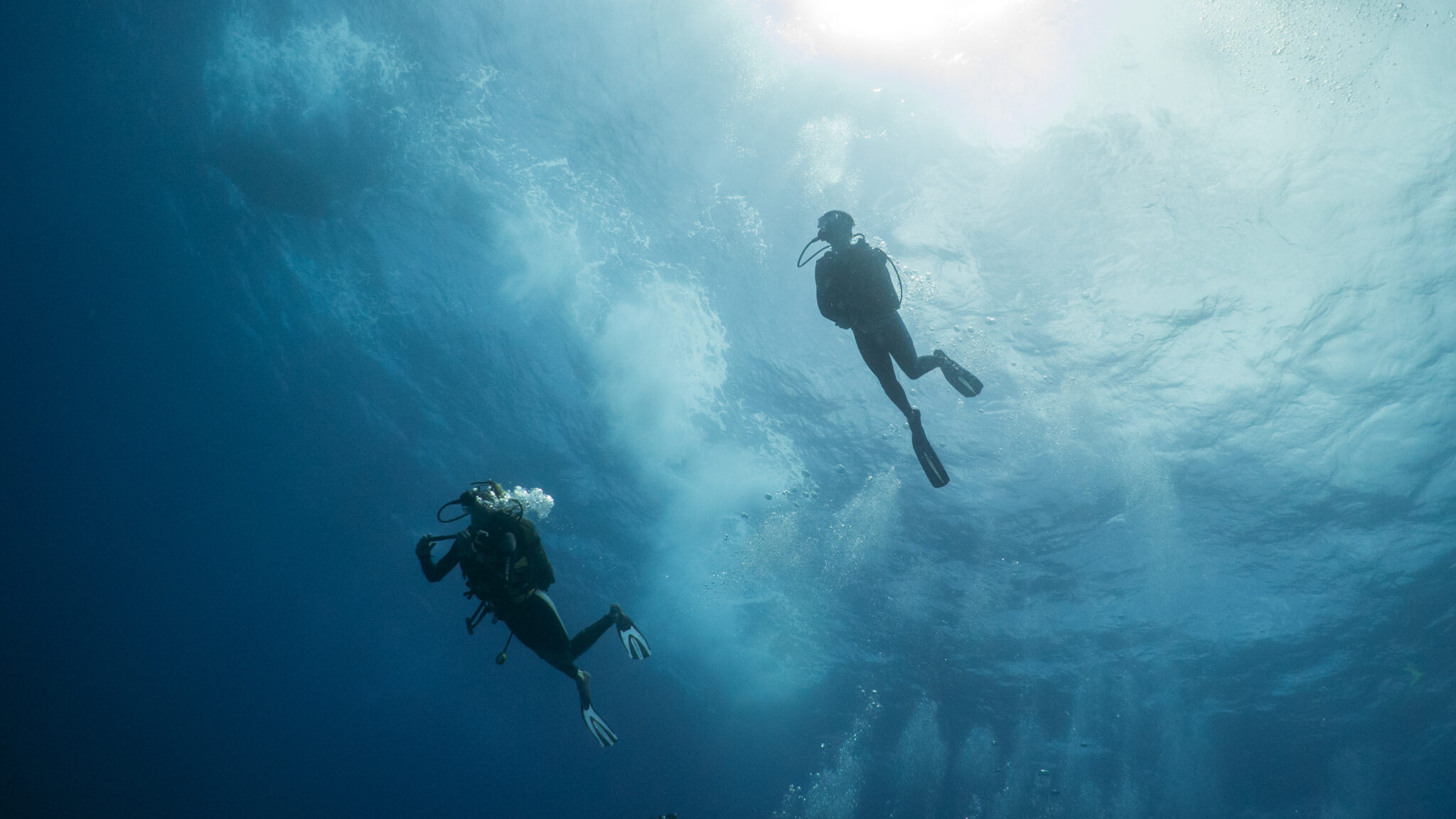
1. You Never Know What You’re Going to See
Kenya’s barrier reef is amazingly diverse. If you’re a macro lover, you’ll be delighted with the unique variety of nudibranchs, rhinopias and octopus. Electric rays, stingrays and guitar rays can be spotted in the sandy areas. There’s so much to see on the reef that every dive is like a lottery of marine life. In addition to the small stuff, before each dive your divemaster will caution to keep one eye on the blue. Manta rays, mobulas, giant pelagic fish like cobia and huge schools of jack regularly appear. When you go diving in Kenya, you really never know what you’re going to see and two dives, even on the same dive site, are never alike.
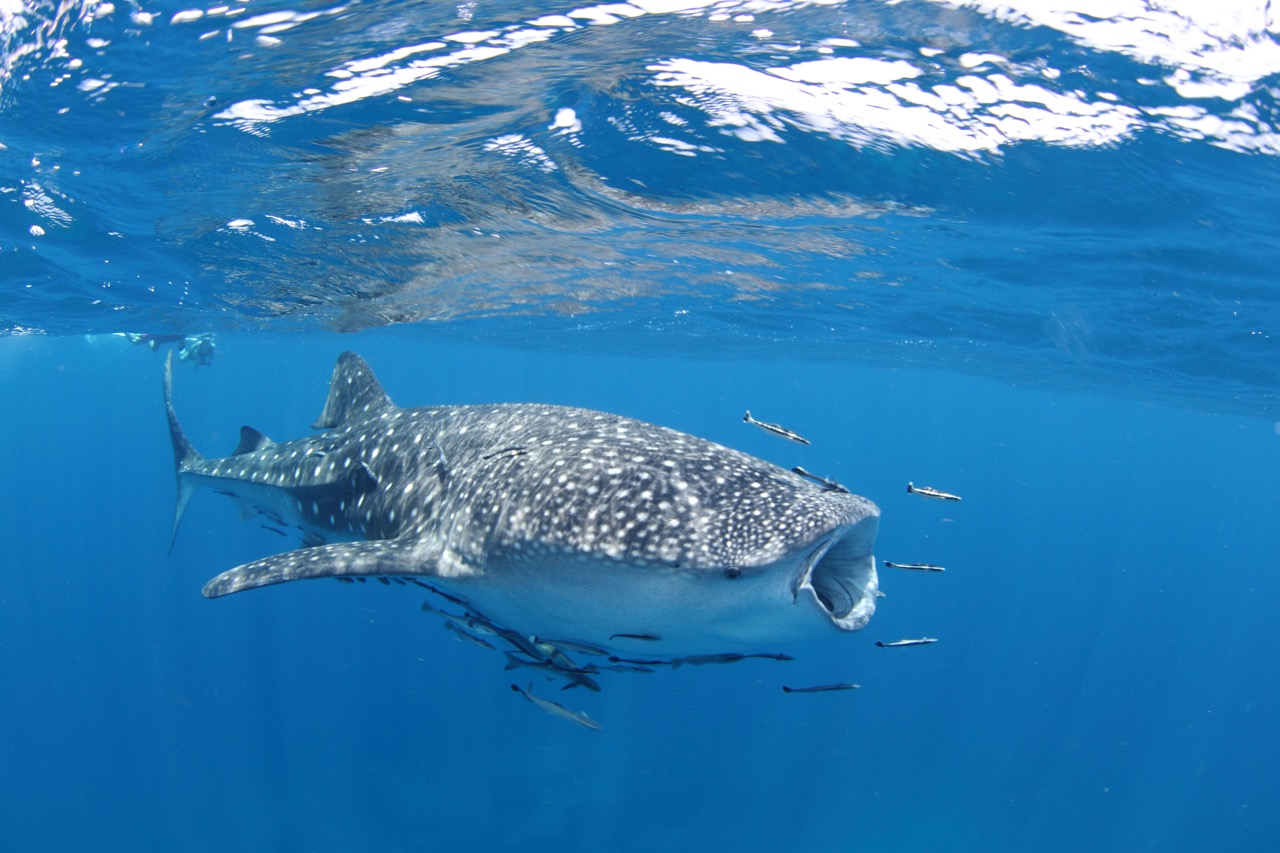
2. Whale Sharks
Whale sharks are regular visitors to the Kenyan coast during the first part of the year. It appears that the sharks migrate past the reef from late December to mid-March, heading towards Zanzibar in Tanzania. February is the peak whale shark season in Kenya, although sightings do occur about once a month throughout the year. Like most places, the whale sharks are seen along the surface. Most of the boat captains in the area are always looking for the telltale signs of a whale shark, and will start revving the boat engine if they see one while you’re underwater. The surface interval is also a great time to search, and if you don’t find a whale shark, the chances are good that you might spot dolphins on the way to your next dive site.
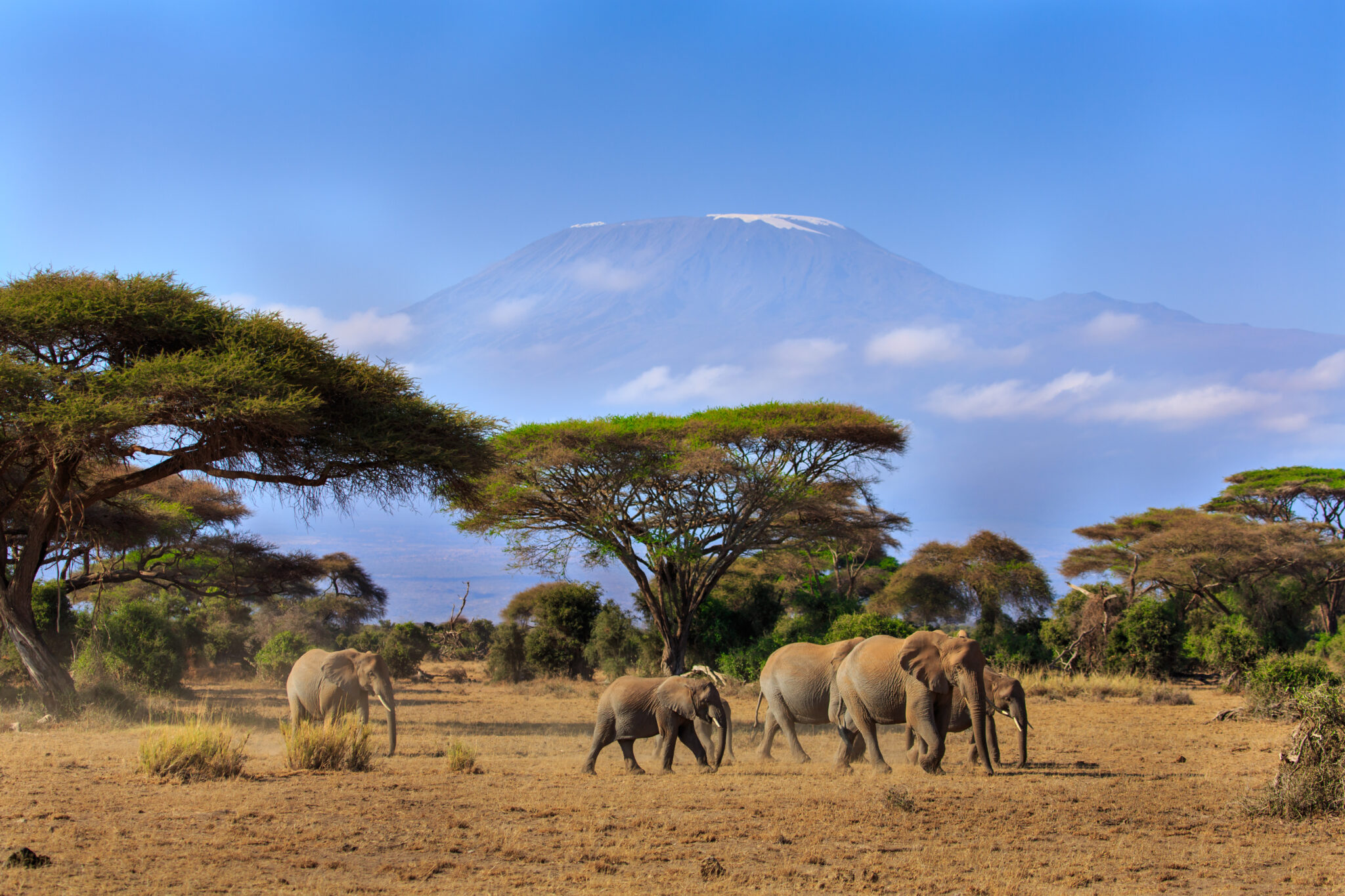
3. Safari
Kenya is famous for safari, and you won’t miss out on all the lovely land animals if you’re diving on the coast. The two Tsavo National Parks are just two hours from Diani, Mombasa or Watamu. In either one, you can see the Big 5. And if you want to travel further afield, the coastal regions are serviced by several local airlines that can take you anywhere from the Maasai Mara National Reserve to Mount Turkana. This is a great opportunity to combine epic scuba diving with land-based safaris.
4. Eco-Friendly, Luxury Resorts for Scuba Diving in Kenya
There aren’t currently any scuba diving liveaboards servicing the Kenyan coast, but there are plenty of resorts catering to the needs of divers. These range from private island resorts located near the Tanzania-Kenya border to beach resorts further north in Diani. In addition to offering daily diving, meal packages and astounding ocean views, these resorts are also very environmentally friendly. For example, The Sands at Nomad has a gold eco-rating and supports an onsite conservation education program. The Sands at Chale Island also works to minimize their use of plastic and participates in turtle identification programs. Either way, you get to enjoy a luxury dive holiday while scuba diving in Kenya and supporting local environmental efforts.
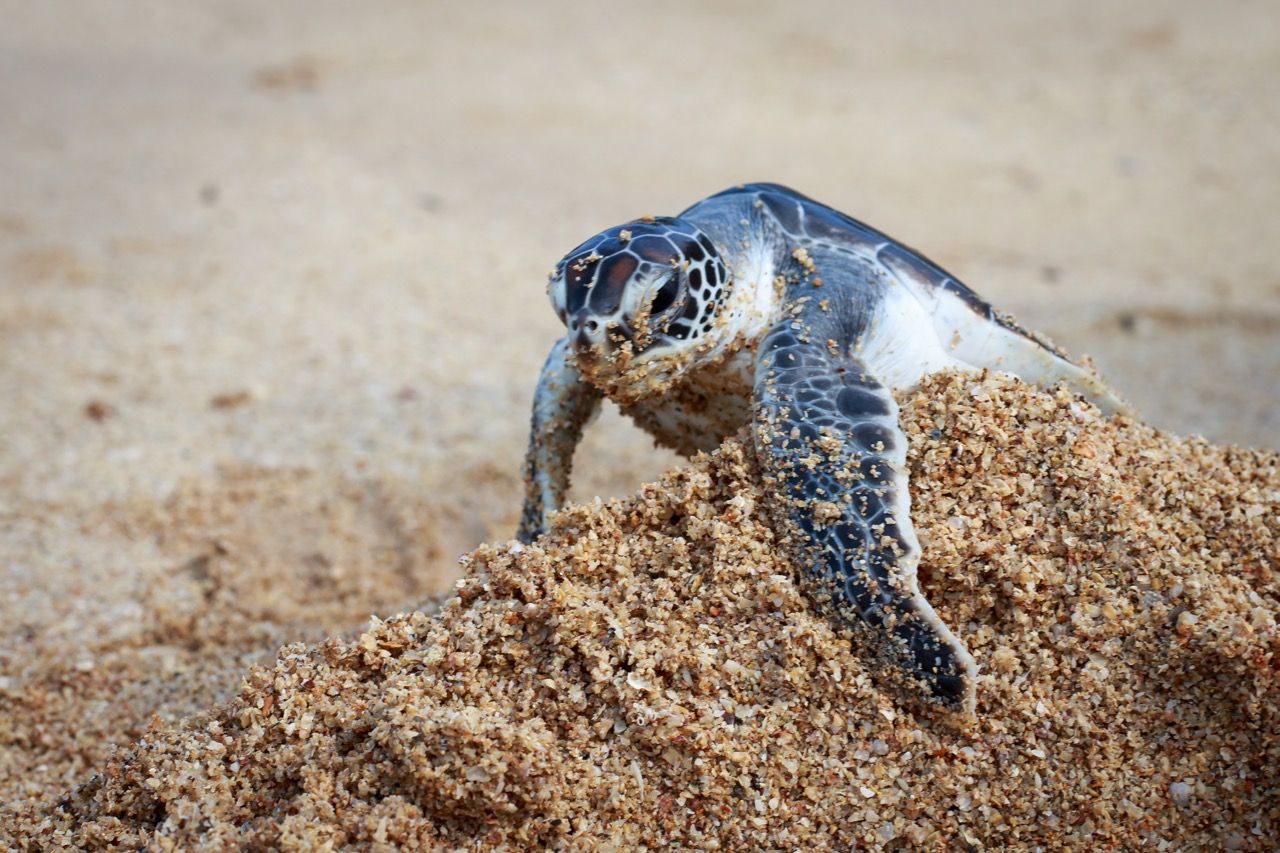
5. Marine Programs Making a Difference
Kenya is one of the most pro-animal countries in the world, and that attitude extends into the sea as well. Marine conservation programs are making a huge difference up and down the Kenyan coast. For example, Local Ocean Conservation in Watamu works with local fishermen to save sea turtles. Their efforts have resulted in creating a beach with a healthy number of turtle nests almost year-round. In addition, the Olive Ridley Project is active in identifying individual turtles visiting the Kenyan coast, and Diani Turtle Watch protects sea turtle nests on Diani Beach. Together with the Kenya Wildlife Service, these organizations are making a huge difference for marine life in Kenya.
Are you ready to dive into Kenya? Find more information and book your trip on PADI Travel.
